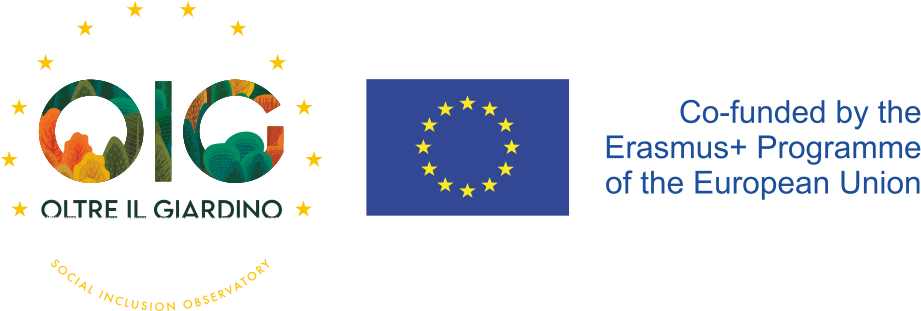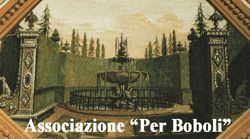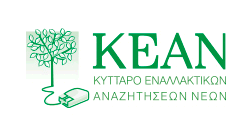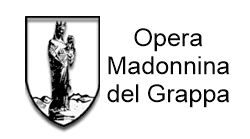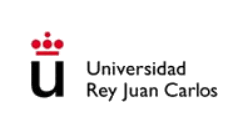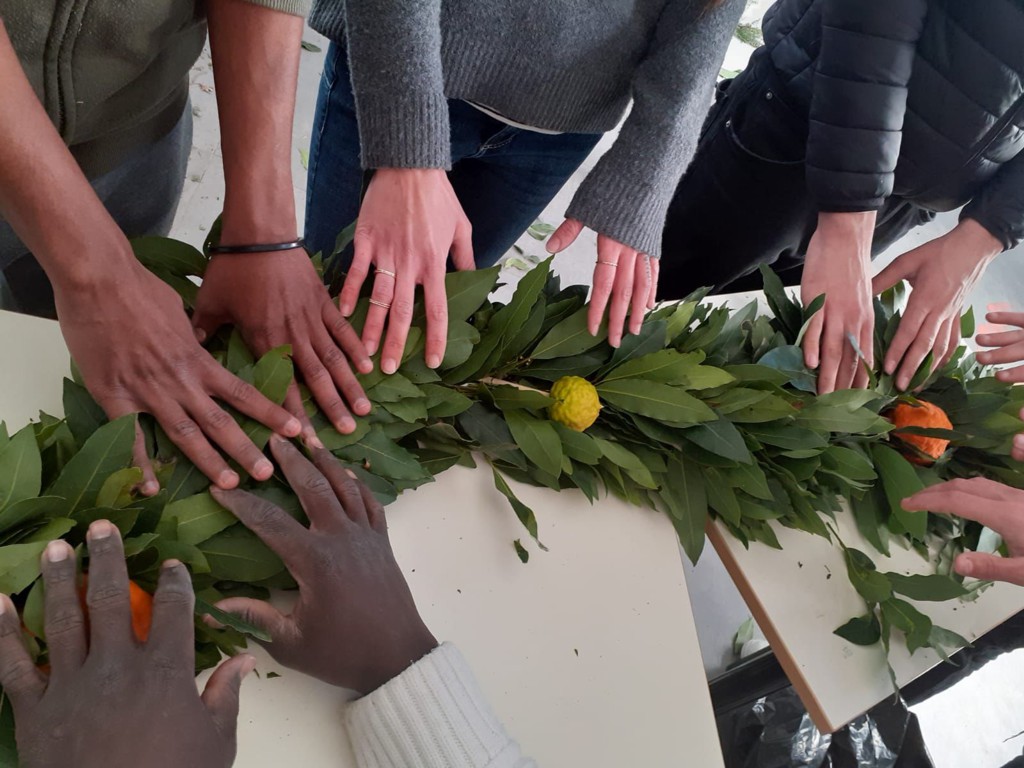O4 – The Sustanaible Gardner: pilot training course in the management and maintenance of historic parks and gardens in an eco-sustainable environment
Associazione “Per Boboli”
Participating Partners
Opera della Divina Provvidenza Madonnina del Grappa
Kyttaro Enallaktikon Anazitiseon Neaon (KEAN)
Agricultural University of Athens
The experimental pilot-course made it possible to transfer skills in the field of conservation, management and maintenance of historic parks and gardens to identified participants through non-formal learning, with the aim of raising awareness of environmental and sustainability issues, together with the necessary interdisciplinary nature of being in the digital sphere. It falls within the scope of the Project as it is aimed at improving and expanding the offer of quality learning opportunities transferable to different target groups of adults with social disadvantage and economic, poor schooling, geo-cultural difficulties, in order to acquire highly qualified skills in the specific sector identified, both for a possible future job opportunity and for social, professional and personal redemption. Together with the lessons and experiences in the main historical gardens of all the partner countries, a series of in-presence and online meetings were held (compatibly with the restrictions provided by the Covid19 emergency), related to digitalisation applied both to the knowledge of the history and maintenance characteristics of a historical garden, and to the possibility of learning and using new IT tools in job search, creation of Europass CVs, and in general to foster professional integration also through the guided knowledge of the digital world. All meetings were structured with the collaboration of experts in the field and were also held in self-learning mode, an innovative methodology to complement the more traditional modes of non-formal one-to-one education. A unique training course of its kind was thus outlined, of great topicality and usefulness and with a strong impact, insofar as one often has a vision of the historic garden as a monumental, enchanted place, in a very un-naturalistic perception of artificial places that require extensive maintenance and are consequently not very sustainable, seeking to bring these innovative good practices relating to the issue of environmental sustainability, in a context such as that of European Historic Gardens. A fundamental component in the realisation of the output was the Blended Mobility held in Athens (C3), which allowed a large group of project beneficiaries and especially immigrants from reception centres across Europe to interact with each other within the framework of the course’s proposed themes, with the help of prepared tutors and all the staff of the organisations involved. The pilot modules foreseen in the various partner countries, suitably structured on the identified target group, were divided into the following parts:
-40 hours of digital pills, divided into two classroom courses one dedicated to digital learning in the botanical-sustainable sphere, one dedicated to self-improvement and the acquisition of digital skills in the professional sphere;
-60 hours of indoor and outdoor learning, for the acquisition of field skills in the botanical sphere, concerning environmental sustainability and the management and maintenance of historical gardens, through lectures, workshops, seminars, experiential visits and dissemination and sharing meetings.
All the partners contributed to the realisation of the output, implementing it further than budgeted in the planning phase, managing to achieve an intellectual result even more complex than expected. In particular, Associazione Per Boboli initially took care, in synergy with the rest of the partnership, of outlining what would have been the guidelines in the programming of the actions and times for the realisation of the output. KEAN and Opera della Divina Provvidenza Madonnina del Grappa made available the experience of their tutors, educators and operators in selecting the beneficiaries and maintaining their motivation to participate and thus obtain benefits from the pathway offered by this project, as well as accompanying them in the various activities. In the creation and management of this Output, within such a topical and sensitive issue, especially following the integration difficulties that have become more difficult due to the worldwide Covid-19 pandemic emergency, the partnership intended to transfer the results obtained through this Output to related realities, such as directors/managers of European parks and historic gardens, and to allow any organisation, which would like to benefit from it, to be able to use the Best Practices applied in the implementation of “The Sustainable Gardner”.
